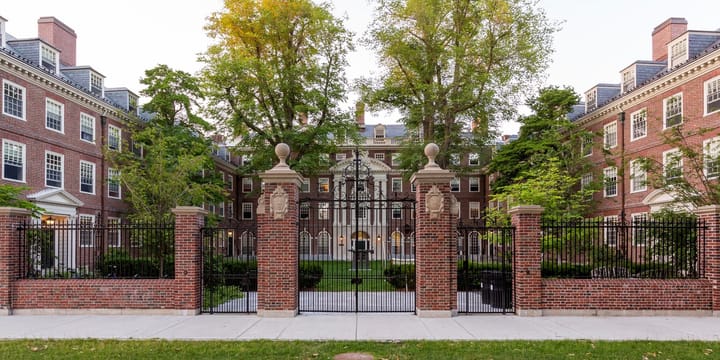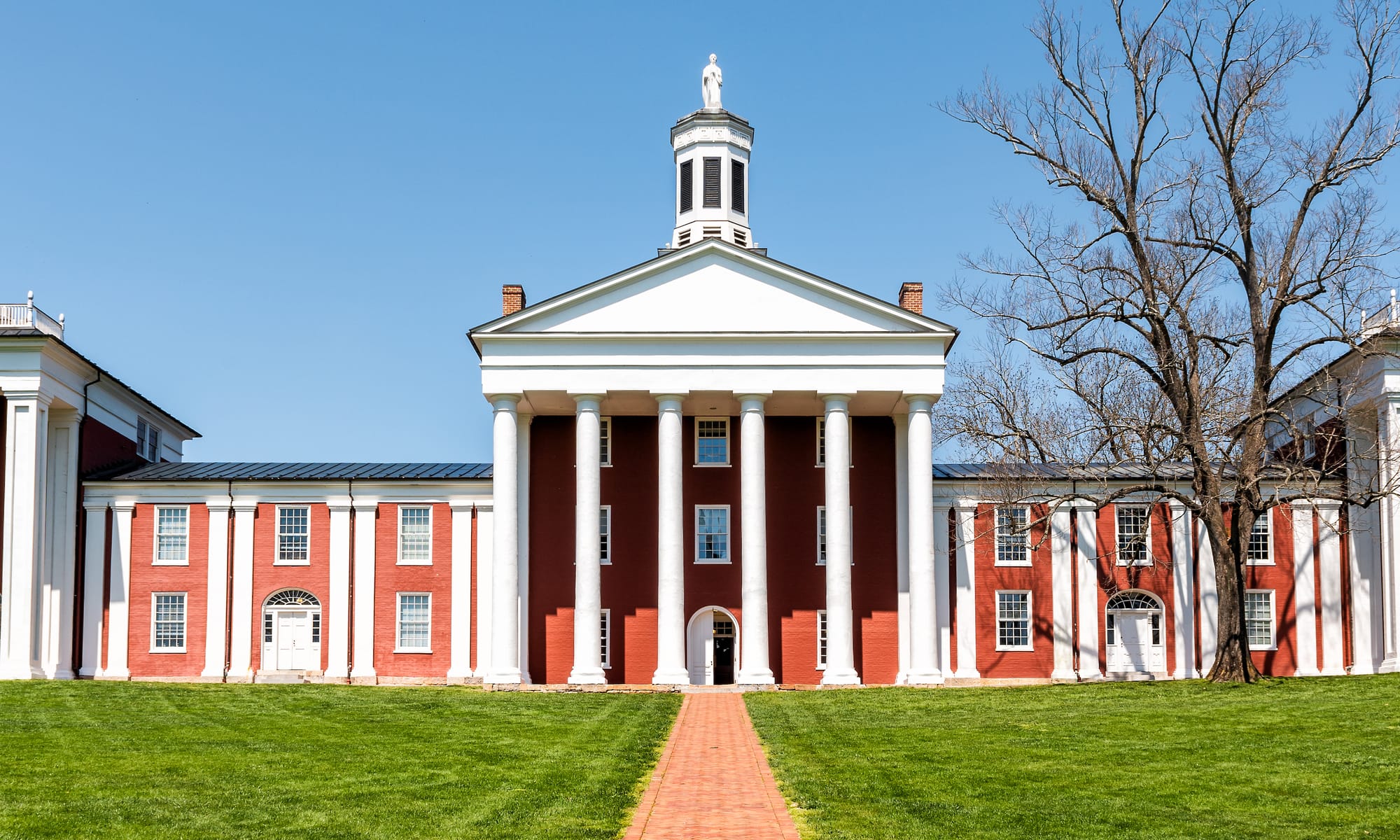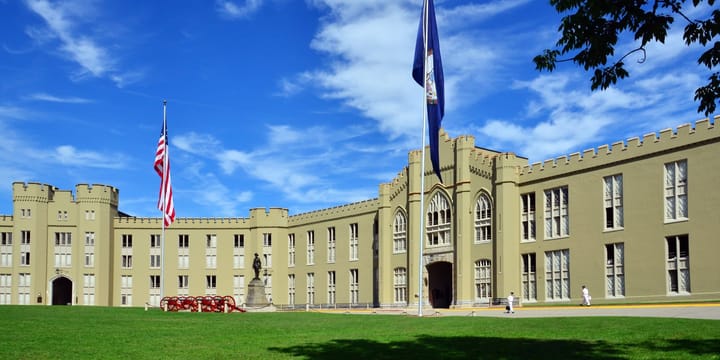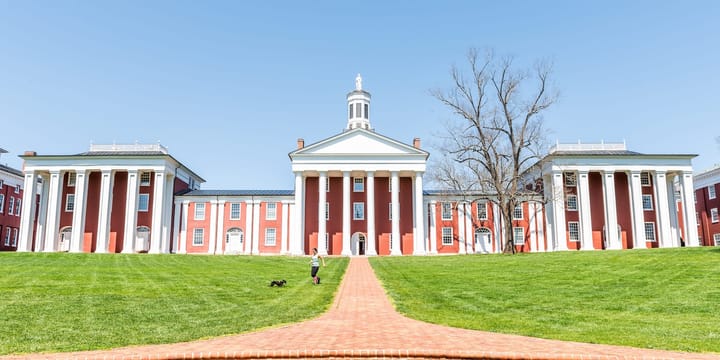Harvard ends undergraduate minority recruitment program as Trump targets race in admissions
By ending the minority recruitment program in May, Harvard shuttered a more than 50-year-old initiative to encourage minority high school students to apply.

According tro a recent report in the Harvard Crimson, the university has quietly disbanded its Undergraduate Minority Recruitment Program (UMRP) in May. This ends a recruitment initiative that had operated for more than five decades. The decision comes as the Trump administration continues to intensify its war on DEI and race-conscious practices in higher education admissions.
A half-century program comes to an end
The UMRP, established in 1971, was designed to guide minority middle and high school students through Harvard's application process. By 2012, the program was reaching out to between 75 and 90 percent of minority students who ultimately enrolled at Harvard, according to then-Dean of Admissions William R. Fitzsimmons.
The program employed undergraduate coordinators who answered questions about admissions and student life at Harvard. These coordinators would contact rising seniors identified as minority students with high PSAT scores, staff dedicated phone lines, and travel to high schools in their hometowns to provide application guidance.
I received similar from W& as someone who didn't quite their usual bill, even though I am white and male.
Harvard spokesperson James M. Chisholm, however, has indicated that many of these activities had already ceased in recent years, though he declined to specify which activities had been cut or why.
Harvard has replaced the UMRP with the Harvard Recruitment Ambassadors program, which allows prospective applicants to contact current undergraduates with questions about campus life. Unlike its predecessor, the new program does not include in-person outreach to high schools or target specific groups of students. This obviously makes it much less personal.
Navigating legal and political pressure
The program's termination follows the Supreme Court's 2023 ruling against Harvard's race-conscious admissions practices. While the Court struck down the use of race in admissions decisions, it did not eliminate targeted recruitment programs, provided they weren't based solely on race.
Harvard has been walking a careful line since the ruling, attempting to maintain diversity without triggering accusations of non-compliance. That challenge intensified under the Trump administration's expanded interpretation of impermissible "race-based decision-making."
In July, the Department of Justice issued guidance describing recruitment strategies targeting areas or organizations chosen primarily for their racial composition as "potentially unlawful proxies" for race.
The impact on non-legacy recruitment programs
Education experts emphasize the importance of such programs in higher education diversity efforts. And here, diversity does not necessarily mean race or any of the administration's bugbears.
Lisa M. Stulberg, an education sociology professor at New York University, describes recruitment programs as "a form of soft affirmative action" designed to expand the pool of qualified underrepresented applicants. She further explains:
"Even just the idea of recruiting is a symbolic one that indicates to students that they are welcome on campus and that Harvard wants them there."
Kevin D. Brown, a University of South Carolina law professor who studies race and education, noted that recruitment programs "have been critical in increasing both the quality and the number of underrepresented minority students going to college."
Part of a wider pattern
Harvard's elimination of the UMRP reflects a broader institutional retreat from diversity initiatives. The university has also renamed and restructured diversity offices across its graduate schools and dismantled centers serving minority students, LGBTQ students, and women.
New York Times columnist Jamelle Bouie capured the ramifications best on Bluesky:
"I have said this before but when 'getting rid of race in admissions' for the administration means 'you can’t even try to reach out to underrepresented communities and encourage them to apply and if you do it is illegal discrimination against white people' then the actual goal here is segregation.”
And that's what they are really after, isn't it?
Non in cautus futuri.



